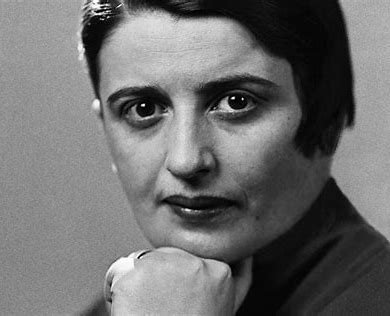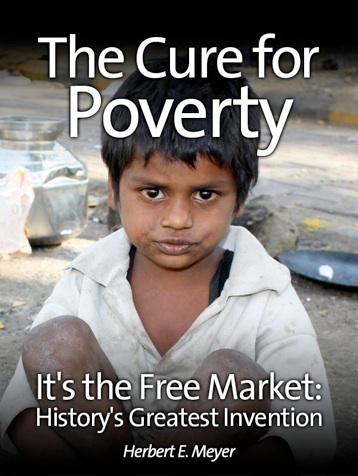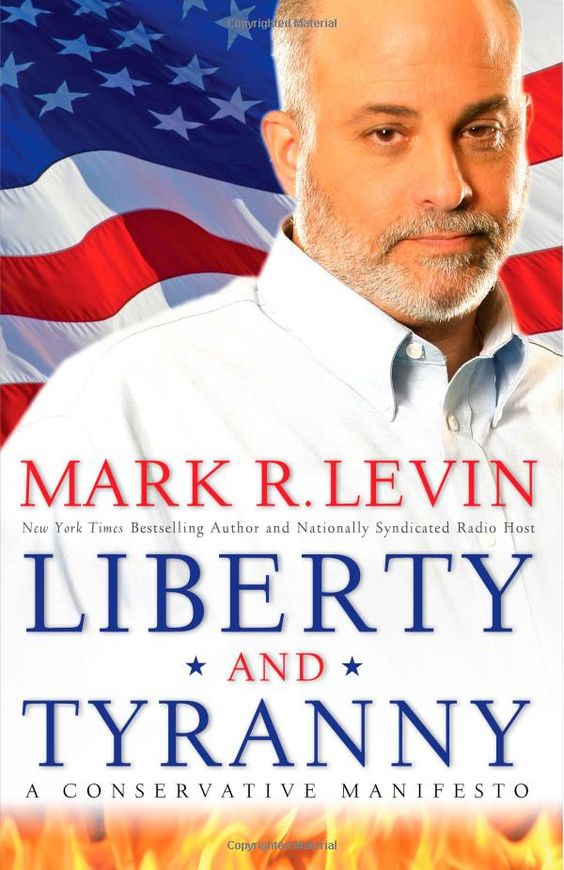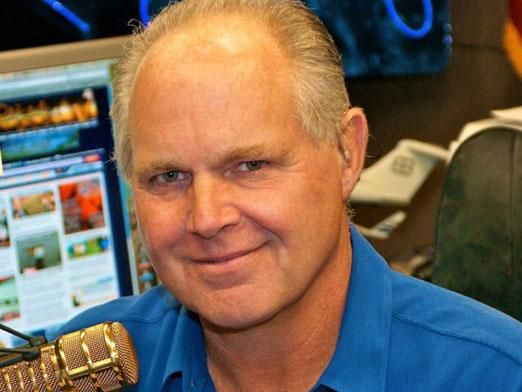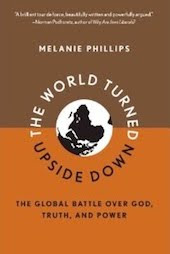The f-bomb of American politics is the word “fascist,” routinely hurled by the left at conservatives. Ronald Reagan and Barry Goldwater were smeared as incipient fascists, and George W. Bush now receives the honor, along with practically anyone to the right of Rosie O’Donnell on a college campus.
How Capitalism Will Save Us-Steve Forbes & Elizabeth Ames
Capitalism is the world’s greatest economic success story. It is the most effective way to provide for the needs of people and foster the democratic and moral values of a free society. Yet the worst recession in decades has widely–and understandably–shaken people’s faith in our system. Even before the current crisis, capitalism received a “bad rap” from a culture ambivalent about free markets and wealth creation. This crisis of confidence is preventing a full recognition of how we got into the mess we are in today–and why capitalism continues to be the best route to prosperity.
I, Pencil
I am a lead pencil—the ordinary wooden pencil familiar to all boys and girls and adults who can read and write. Writing is both my vocation and my avocation; that’s all I do.
Ayn Rand
Ayn Rand was born in St. Petersburg, Russia, on February 2, 1905. At age six she taught herself to read and two years later discovered her first fictional hero in a French magazine for children, thus capturing the heroic vision which sustained her throughout her life. At the age of nine, she decided to make fiction writing her career. Thoroughly opposed to the mysticism and collectivism of Russian culture, she thought of herself as a European writer, especially after encountering Victor Hugo, the writer she most admired.
The Cure for Poverty
One day, scientists will discover the cure for cancer. The world will erupt in joyous celebration – and rightly so. Cancer is a horrible disease that each year destroys the lives of millions of people, and finding a cure will be recognized as one of history’s greatest achievements.
There’s another disease that destroys vastly more lives each year than cancer. And we’ve found the cure for it – but no one is celebrating. Indeed, hardly anyone seems even to have noticed that we’ve already figured out how to rid the world of its most destructive scourge.
This disease is poverty. And the cure for poverty is the free market. That’s because the free market is the only environment in which entrepreneurs can flourish. And it’s the entrepreneurs – and only the entrepreneurs — who create the jobs that lift us all out of poverty.
Mark Levin
There is simply no scientific or mathematical formula that defines conservatism. Moreover, there are competing voices today claiming the mantle of “true conservatism” — including neo-conservatism (emphasis on a robust national security), paleo-conservatism (emphasis on preserving the culture), social conservatism (emphasis on faith and values), and libertarianism (emphasis on individualism), among others. Scores of scholars have written at length about what can be imperfectly characterized as conservative thought. But my purpose is not to give them each exposition, as it cannot be fairly or adequately accomplished here, nor referee among them. Neither will I attempt to give birth to totally new theories.
Rush Limbaugh
“The Republicans have a chance to be warriors for liberty. If they say, in the midst of this, one word about compromise or bipartisanship, to hell with them.”
“The World Turned Upside Down”-Melanie Phillips
In what we tell ourselves is an age of reason, we are behaving increasingly irrationally. More and more people are signing up to weird and wacky cults, para-psychology, seances, paganism and witch- craft. There is widespread belief in ludicrous conspiracy theories, such as the 9/11 terrorist attack being an American plot…



